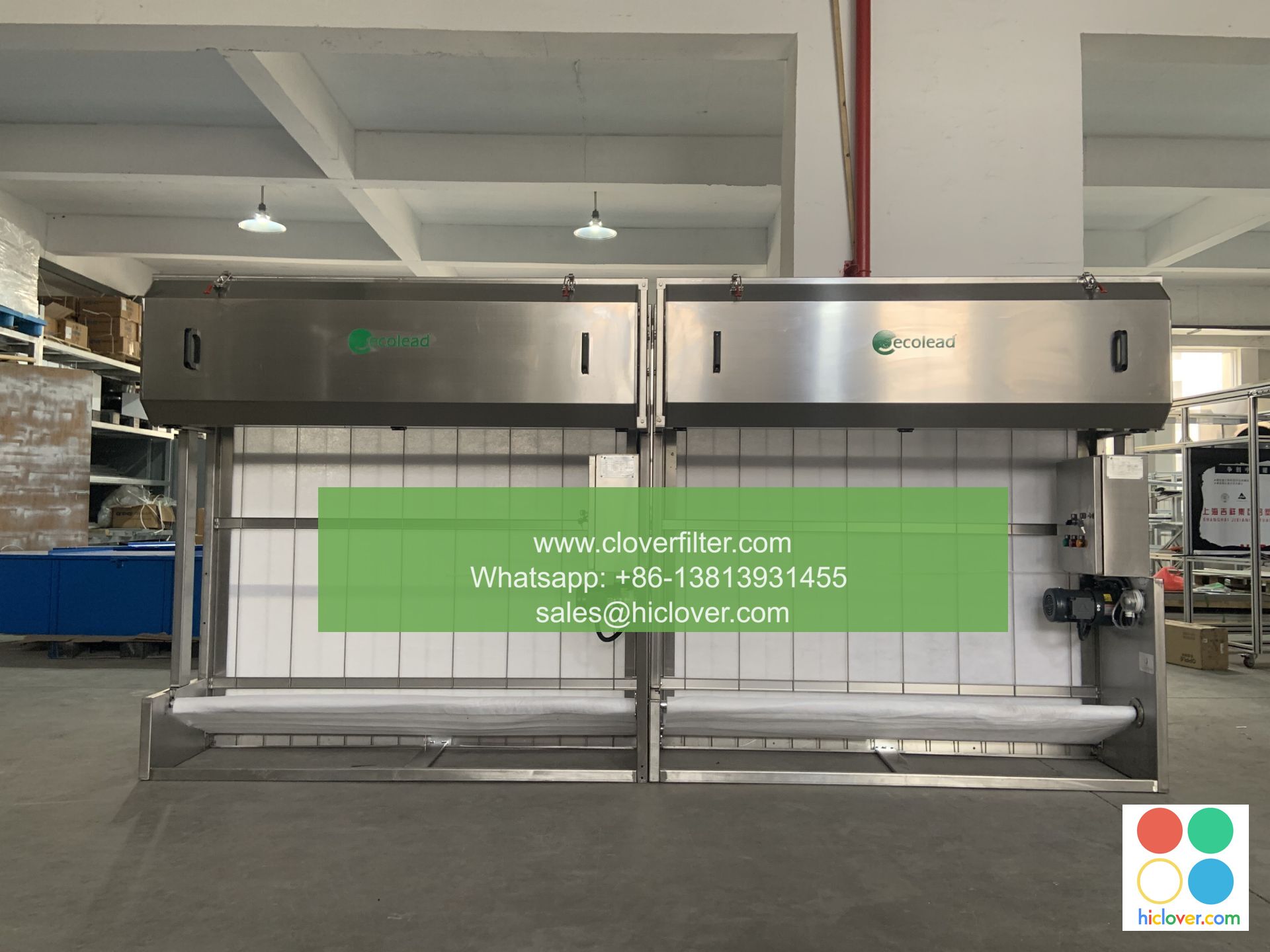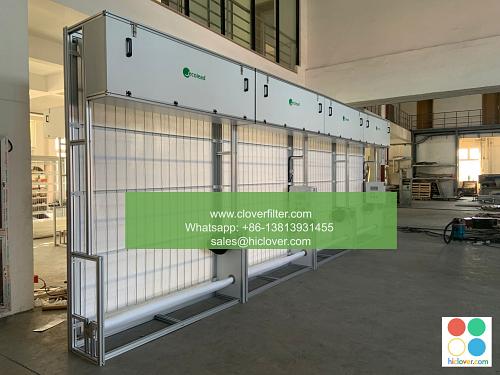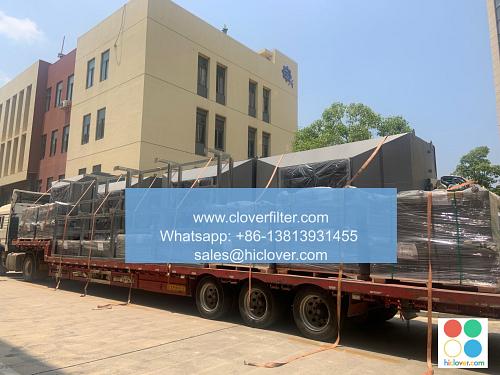Types of Industrial Dust Control Filters: A Comprehensive Guide

Type of Industrial Dust Control Filters: A Comprehensive Guide
Industrial dust control filters are an essential part of any facility that generates dust, as they help to maintain a safe and healthy working environment. There are several types of industrial dust control filters available, each designed for specific applications and industries. In this article, we will provide a comprehensive guide to the various types of industrial dust control filters, highlighting their features, applications, and benefits.
1. Cartridge Filters
Cartridge filters are a popular choice for industrial dust control due to their ease of maintenance and high-efficiency performance. These filters are designed with a pleated medium that captures particles as small as 0.5 microns, making them suitable for applications that require high-grade air quality, such as in pharmaceutical and biotechnology industries.
Applications:
* Pharmaceutical and biotechnology industries
* Food and beverage processing
* Cleanrooms
Benefits:
* High-efficiency performance
* Easy maintenance and replacement
* Compact design
2. Cellulose Fibre Filters
Cellulose fibre filters are a cost-effective option for industrial dust control and are commonly used in applications that require moderate to high airflow. These filters capture particles as small as 2 microns, making them suitable for industries that generate moderate amounts of dust.
Applications:
* Manufacturing facilities
* Warehouses
* Printing and packaging industries
Benefits:
* Cost-effective
* Moderate to high airflow
* Low pressure drop
3. Synthetic Media Filters
Synthetic media filters are designed with synthetic fibers that capture particles as small as 0.5 microns. These filters are suitable for applications that require high airflow and low pressure drop.
Applications:
* Power generation plants
* Metalworking industries
* Construction and demolition sites
Benefits:
* High airflow and low pressure drop
* Good chemical resistance
* Easy to clean and maintain
4. Electrostatic Filters
Electrostatic filters are designed to capture particles as small as 0.1 microns using an electrostatic charge. These filters are suitable for applications that require high-grade air quality, such as in aerospace and medical industries.
Applications:
* Aerospace industry
* Medical and pharmaceutical industries
* Critical environments
Benefits:
* High-grade air quality
* Electrostatic charge attracts particles
* Low maintenance
5. Cyclone Separators
Cyclone separators use centrifugal force to separate dust and particles from the air, making them a popular choice for applications that generate high volumes of dust.
Applications:
* Cement and concrete facilities
* Chemical processing plants
* Mining industries
Benefits:
* High capacity and efficiency
* Low pressure drop
* Easy to clean and maintain
Conclusion
Choosing the right type of industrial dust control filter depends on the specific application, industry, and environmental conditions. Each type of filter has its own unique features, benefits, and applications. By understanding the differences between these types of filters, facility managers can make informed decisions to ensure the health and safety of their workers and maintain compliance with regulations. I’m here to help! What would you like to talk about or get help with? Do you have a specific question, topic, or theme in mind? Let me know and I’ll do my best to assist you!


